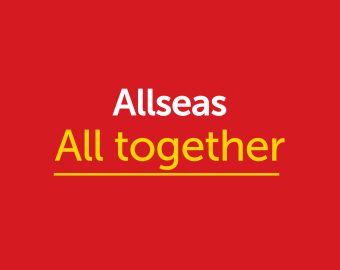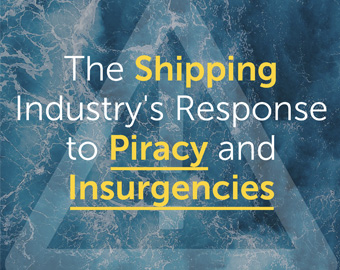Understanding SONCAP requirements for exports to Nigeria
16 October 2018
If your business is planning to export goods to Nigeria then you must ensure you have the correct compliance procedures in place, and a SONCAP certificate is a mandatory requirement.
SONCAP is a pre-shipment verification of Conformity to Standards process used to validate that goods to be imported into Nigeria conform with the relevant NIS or approved equivalents, and technical regulations before any shipments can take place.
Under the SONCAP system, imports are required to undergo verification and testing at the country of supply and a SONCAP Certificate issued demonstrating that the products meet the appropriate standards and regulations.
The conformity assessment undertaken in SONCAP include (but not limited to) inspection prior to shipment, sampling, testing and analysis in accredited laboratories, audit of product processes and systems and document checks.
The requirement also dictates that all courier shipments valid, or not valid for Forex, must now also apply for a Form M and follow SONCAP procedures.
This affects products being exported to Nigeria and will be required for shipment clearance at Nigeria Customs Ports and Borders.
ALL goods are subject to SONCAP compliance, EXCLUDING the following items:
- Food products
- Drugs (Medicines)
- Medicals other than equipment and machines
- Chemicals used as raw material by bonafide manufacturers
- Military goods & equipment
- Goods classified as contraband by the Federal Government of Nigeria
- Used products other than automobiles
- Bonafide manufacturers who intend to import machinery or related spare parts for their manufacturing are advised to apply to the SON for SONCAP import permit to enable them import (link to import permit).
How to determine conformity of your products
There are three routes you can consider for conformity assessment for goods which are subject to SONCAP. These are according to type, risk and effect on the health and safety:
Route A: For unregistered/unlicensed products
Each shipment requires inspection, consignment testing to applicable standards, observing of packaging of Full Container Load (FCL) and attaching of seals to FCL upon the conformity to the requirements. The product is issued with a SONCAP, which is then valid only for that consignment.
Route B: For Registered Products (Registration and Conformity Inspection)
Registration of products is completed following type testing and assessment of the manufacturer’s quality procedures to determine that the goods are within the applicable standards and that the manufacturer can continue to produce a consistent standard of product.
Route C: For Licensed products (Product Certification Systems)
Licensing of goods and products is based on detailed evaluation, including testing, factory audit and routine examinations. If conformity with the relevant NIS or approved equivalents is met, the goods will be issued a license.
Licensing is only granted to the manufacturer of a goods; the process is not available for exporter and/or supplier.
How to apply for SONCAP
SONCAP certification is delivered via accredited agencies. Exporters should declare the HS Code of the products being shipped at the Form M stage, which is prior to SONCAP certification. The certificate is then sent via electronic transfer to the Standards Organisation of Nigeria’s portal.
Here at Allseas we can support you with your imports or exports from most countries worldwide. If you would like further information regarding SONCAP or assistance with the required documentation for any other region, contact us or email Rob Skingsley (Logistics specialist to Nigeria).
Sign up to our newsletter
To receive bi-monthly industry updates, plus opinion and insights from our expert Logistics Consultants, sign up here.
This site is protected by reCAPTCHA and the Google Privacy Policy and Terms of Service apply.


